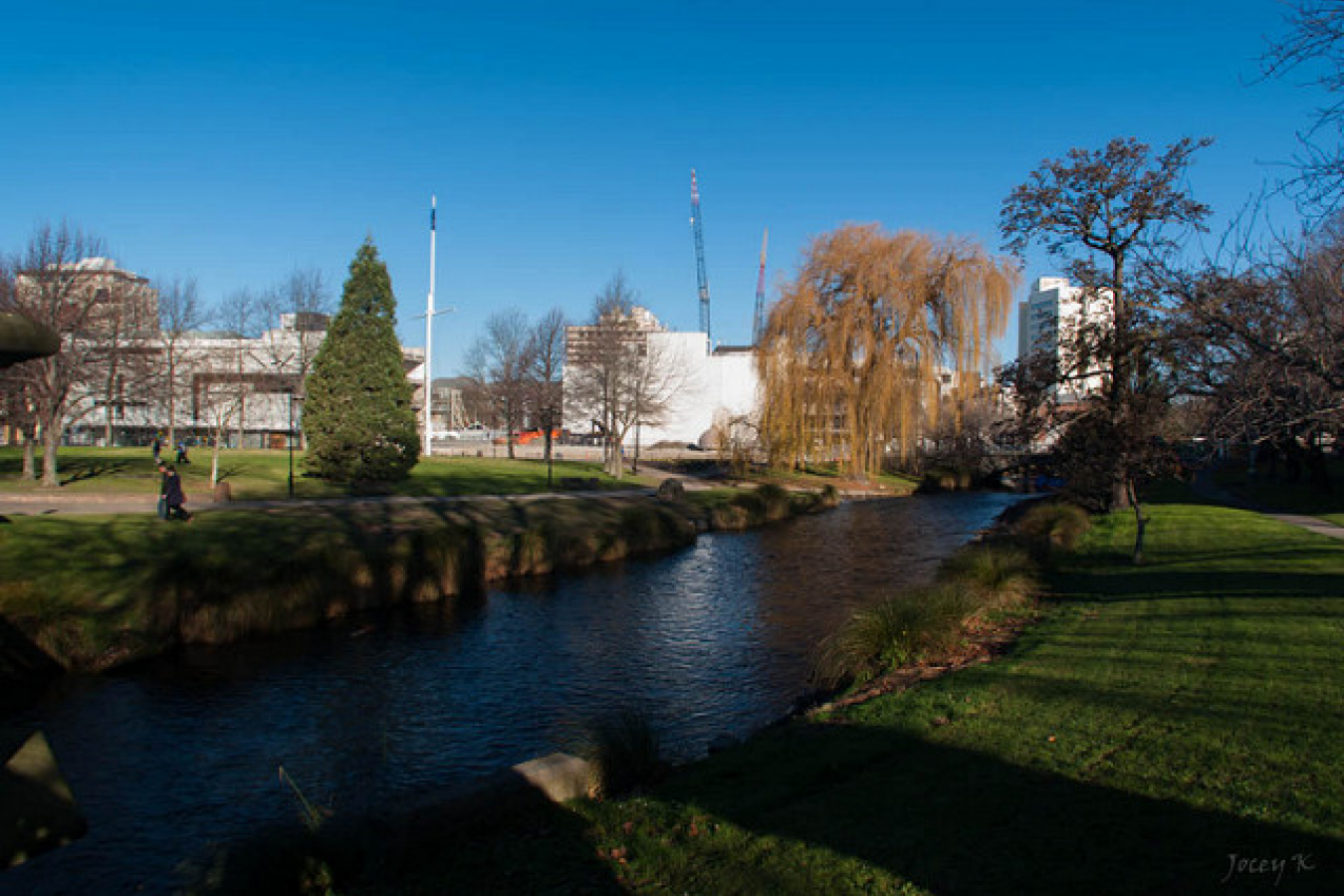Foreigners desperate to get New Zealand residency are opting for fake marriages, with Department of Labour investigators successfully prosecuting about half a dozen cases each year.
In New Zealand it is not illegal to exchange money for marriage but it is an offence to provide misleading information to immigration officers.
Officers must be satisfied a marriage is "genuine" and the relationship has been "stable" for 12 months or more before they will grant residency to foreigners on the basis of their relationship.
"It's worth noting also that these prosecutions represent a small number of the marriage scams uncovered by the Department of Labour. A majority are uncovered early on, during the application process," said acting deputy secretary, workforce, Justine Auton.
In Australia, officials are facing a sharp rise in the numbers seeking Australian residency through sham marriages. Immigration department figures from Australia show a 22.4 per cent rise in allegations of sham marriages for 2004 and 2005. They investigated 1909 cases in that period.
Department of Labour figures in this country show that in the financial year to date (starting July 1), 2990 people have applied for residency under the department's partnership policy, which covers marriages and de facto relationships as well as same-sex partnerships.
Of those applications, 2868 were approved and 122 were declined.
Applications can be declined for health reasons, either because the applicant failed to meet character requirements or because the immigration service is not satisfied the applicant is in a genuine relationship.
Anyone found guilty of duping the department is liable to seven years imprisonment and/or a fine of up to $100,000.
Auton said some of the bogus marriages were uncovered as a result of calls and letters from the public. Immigration officials also uncovered marriage scams through their own investigative work.
There have been 20 prosecutions since the department's fraud unit was set up in 2002. All prosecutions have been successful and most of the cases were centred in Auckland.
"The cost (of each prosecution) can vary from $1000 to anything up to hundreds of thousands of dollars, depending on the length of the judicial process," Auton said.
The migrants who entered into fraudulent marriage arrangements came from a range of countries, Auton said. No statistics were kept on a country-by-country basis and no country stood out above the rest.
At the end of last year, New Zealand citizen Jing Cheng Jiang was sentenced to two years imprisonment for arranging eight fraudulent marriages between 1998 and 2003.
Jiang, a factory worker from Glenfield, Auckland, was granted New Zealand residency in 1994 and since 1998 had been matching up Chinese businessmen, students and those on work permits with New Zealanders, marrying them off for money.
He pleaded guilty to 21 charges of using a document with intent to defraud and two charges of providing information to an immigration officer that was misleading.
Other recent cases include that of New Zealand resident Jade Hohepa and husband Paramjit Singh, who were found guilty in 2003 of providing misleading information as grounds for marriage.
Hohepa was sentenced to 250 hours community service and Singh was fined $3000.
Migration Bureau director Rupert Ward said he had been approached by several potential clients, who he suspected had contrived their relationship, who wanted help in obtaining residency through the partnership policy.
"I've done this long enough to know if it doesn't look right, it isn't," Ward said.
The majority of genuine clients that he saw who were seeking residency through the partnership policy were from Britain and the Netherlands.
He suspected those wanting a quick entry to New Zealand through marriage were from Third World or strife-torn countries.
"I should think it's people from the poorer countries who try to get in that way. It's the `push factor' – it makes people desperate," he said.




